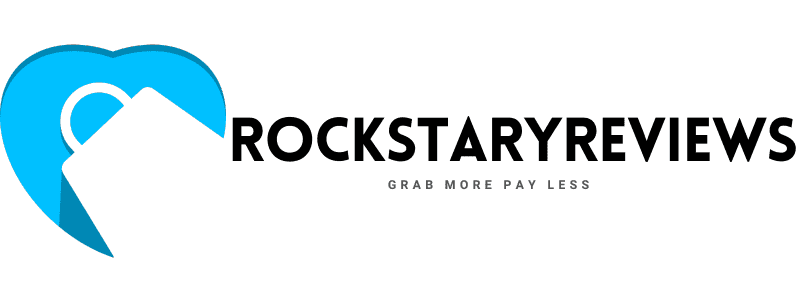
The application period for the Alexa Prize Socialbot Grand Challenge 4 opened last week. The Amazon Alexa Prize team encourages all interested teams to apply by 11:59 p.m. PST on October 6, 2020. University teams interested in participating in the fourth Grand Challenge can apply here.
Hear from this year’s Grand Prize winners
Representatives from each team discuss the challenges they set out to solve, the research that went into creating their socialbots, and the science behind their results.
Alexa Prize is a million-dollar university challenge focused on creating socialbots that can converse coherently and engagingly with humans for 20 minutes on a range of current events and topics, such as entertainment, sports, politics, technology and fashion.
Ten teams will be chosen to compete for the top prize. University teams selected for the Socialbot Grand Challenge 4 (SGC4) will receive a $250,000 research grant, Alexa-enabled devices, free Amazon Web Services (AWS) to support their development efforts, and access to other tools, data, and Alexa team support.
Building open domain conversational systems that give users the opportunity to have engaging conversations on topics of their choice is a challenging task
Dilek Hakkani-Tur, Alexa AI senior principal scientist
The Alexa Prize SGC3 just concluded in August. A team from Emory University won SGC3 with its Emora socialbot, earning a $500,000 prize for its performance. The Chirpy Cardinal team from Stanford University placed second, earning a $100,000 prize, and a team from Czech Technical University claimed third place, earning a $50,000 prize. Members of the top five finalist teams shared thoughts about their experiences, and how COVID-19 impacted their work. During the SGC3 competition, Alexa customers held more than 240,000 hours of conversations with the teams’ socialbots, spanning tens of millions of interactions.
“Building open domain conversational systems that give users the opportunity to have engaging conversations on topics of their choice is a challenging task,” said Dilek Hakkani-Tur, Alexa AI senior principal scientist. “In the third challenge, the university teams advanced the science by bringing together common sense knowledge representations, neural response generation models, NLU systems enhanced by large-scale Transformer models, and improved dialogue policies. But there are many challenges still to be overcome in developing socialbots that can carry on multi-turn, open-domain conversations. So we’re excited to see how Challenge 4 participants will continue to advance the state of the art.”
Participating university teams retain ownership of their socialbots and associated intellectual property, and are encouraged to publish their research. Past publications from SGC3 participants and the Amazon Alexa Prize team are available here.
Similar to the previous challenges, the Alexa Prize SGC4 winner has the opportunity to win a $1 million research grant for their university if their socialbot achieves a composite score of 4.0 or higher from at least two-thirds of judges, and the socialbot’s interactions with the finals’ competition interactor last for 20 minutes.
The official rules for SGC4 are available here.
Individuals interested in engaging with the winning socialbots from SGC3 can continue to do so simply by saying, “Alexa, let’s chat.”






